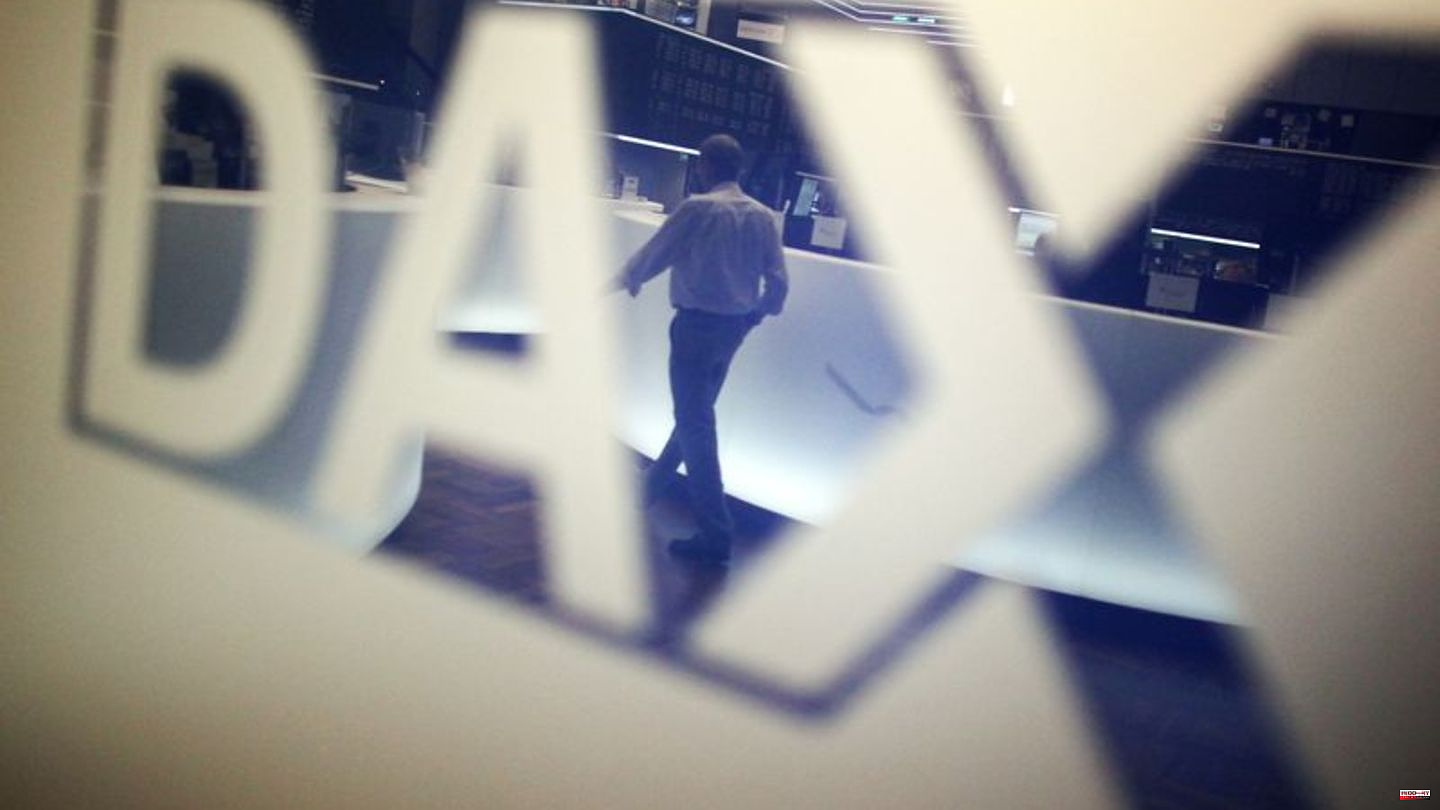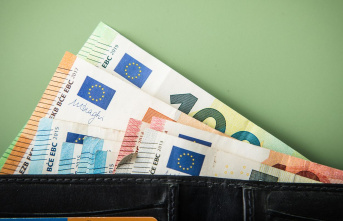On Tuesday, the German stock market reacted to the increasingly noticeable fears that interest rates would remain high with heavy sales. The correction that has been ongoing since the beginning of April continued in the Dax, with the leading German index closing 1.44 percent lower at 17,766.23 points. The increase since the beginning of the year has shrunk to six percent. The MDax of medium-sized stocks lost 1.79 percent to 25,973.85 points on Tuesday.
Yields on the US bond market temporarily rose to 4.7 percent for ten-year bonds. In view of the continued strong US economic data such as the labor market report and retail sales as well as stubborn inflation, more and more investors are asking themselves whether there will even be an interest rate cut in the world's largest economy this year. Interest rate fears have investors under control again and the nervousness that has been evident since the beginning of April is increasing with every new price decline, stated financial market expert Andreas Lipkow.
In addition, concerns about further escalation in the Middle East are hovering over the market because, according to the country's military leadership, Israel does not want to leave the major Iranian attack unanswered. The next steps are being considered, it said.
In the Dax, Fresenius was the best value, gaining 4.6 percent. The clinic operator and healthcare group announced the US market launch of the biosimilar Tyenne the evening before. This is a copycat product of the previously patented antibody Tocilizumab against various autoimmune diseases.
The shares of consumer goods and adhesives manufacturer Beiersdorf rose by 1.1 percent after raising the sales target for 2024. Automotive stocks such as Porsche AG and BMW were weak, each with losses of around three percent.
Preliminary quarterly figures from Evonik were well received, with the chemical company's shares gaining 0.7 percent in the MDax. Analysts still see room for improvement in market expectations for the year as a whole. The shares of the wind turbine manufacturer Nordex recorded price increases of 1.1 percent after the announcement of incoming orders for the first quarter.
Steel stocks suffered losses, which in this country can be seen in the prices of Salzgitter and Thyssenkrupp with discounts of 6.7 and 5.7 percent respectively. Record high Chinese steel exports are bad news for Europe's manufacturers, JPMorgan said.
The EuroStoxx 50, the leading index for the euro zone, lost 1.35 percent to 4916.99 points. Things also fell significantly in Paris and London. In New York, however, the stock exchanges were slightly up at the European stock market closing.
The euro traded at $1.0625 after the market closed. The European Central Bank (ECB) set the reference rate in the afternoon at 1.0637 (Monday: 1.0656) US dollars. The dollar therefore cost 0.9401 (0.9384) euros.
On the bond market, the current yield rose from 2.43 percent the day before to 2.49 percent. The Rex bond index fell by 0.27 percent to 124.72 points. The Bund future fell by 0.50 percent to 131.25 points.







